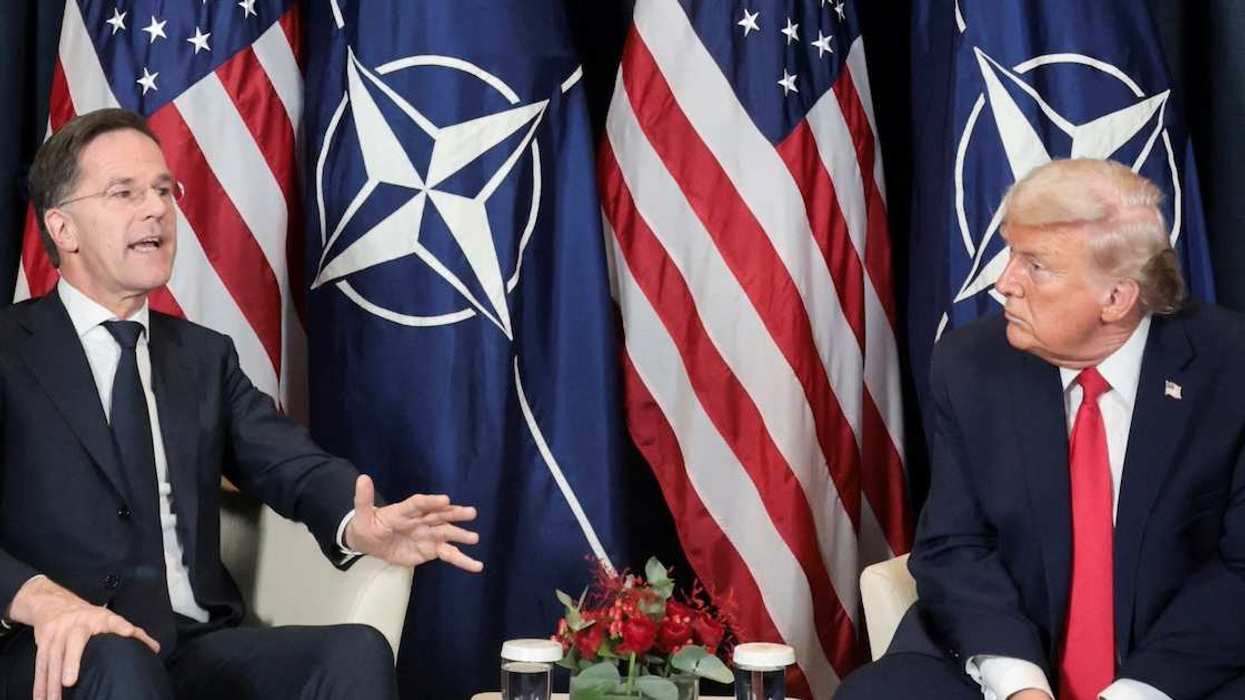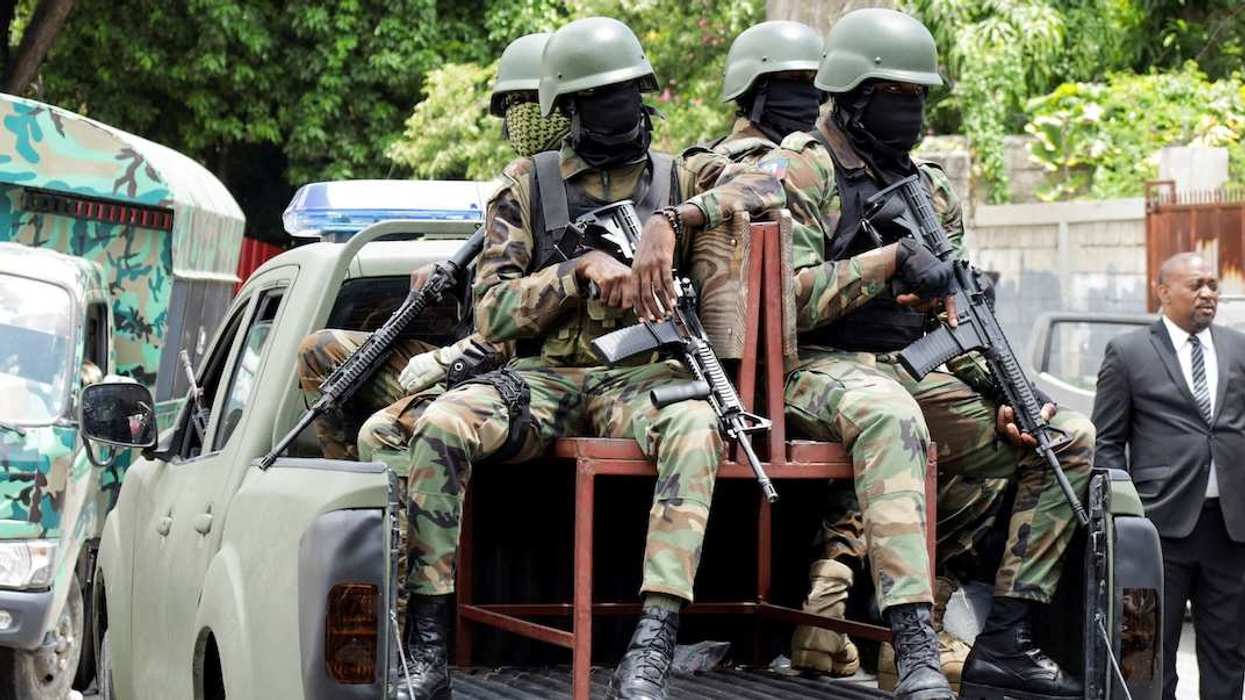Israeli negotiators met with mediators in Qatar on Thursday to discuss an end to the war in Gaza. The basic framework revolves around an end to hostilities, the release of Israeli hostages, and the freeing of certain Palestinian prisoners in Israel.
Hamas, however, refused to take part in the meeting, protesting several of Israel’s other proposals, including that Tel Aviv would continue to control Gaza’s border with Egypt.
With Hamas absent, the chances of the talks being successful are slim to none. This is bad news for the Biden administration, which had renewed calls for a cease-fire in hopes of delivering an agreement ahead of Iran’s anticipated retaliation for Israel’s assassination of a senior Hamas official in Tehran two weeks ago. Washington fears a severe Iranian reprisal could trigger a broader conflict in the region.
The Biden administration has been sending strong signals that it thinks it’s time for a cease-fire, with anonymous government officials telling the New York Times that Israel has reached the limits of its military campaign to destroy Hamas.
So far, it looks like little progress is likely, and Iran is still weighing its options against Israel.


















